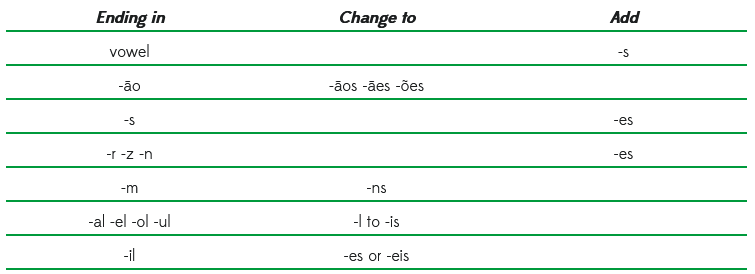Hunspell is not just for spell checking. If you tap some plural noun in a book (or in a dictionary entry), you expect to see its singular form in a dictionary (for example, tap “shoes” to see translation for “shoe”). Past tense (-ed) and continuous tense (-ing) are also quite easy to “fix”. But unfortunately your approach will not work for other languages. For example, here are the rules for plural in Portuguese:
Animal → animais, trem → trens, limão → limões, etc. You can’t just remove a few letters - it won’t work. But Hunspell dictionary contains all these rules in a standardized format.
I didn’t know about those features, thanks! Resizable floating window, separate groups for main and floating modes and the ability to “send” the word from the floating window to the main window - all this makes DictTango pretty versatile.
